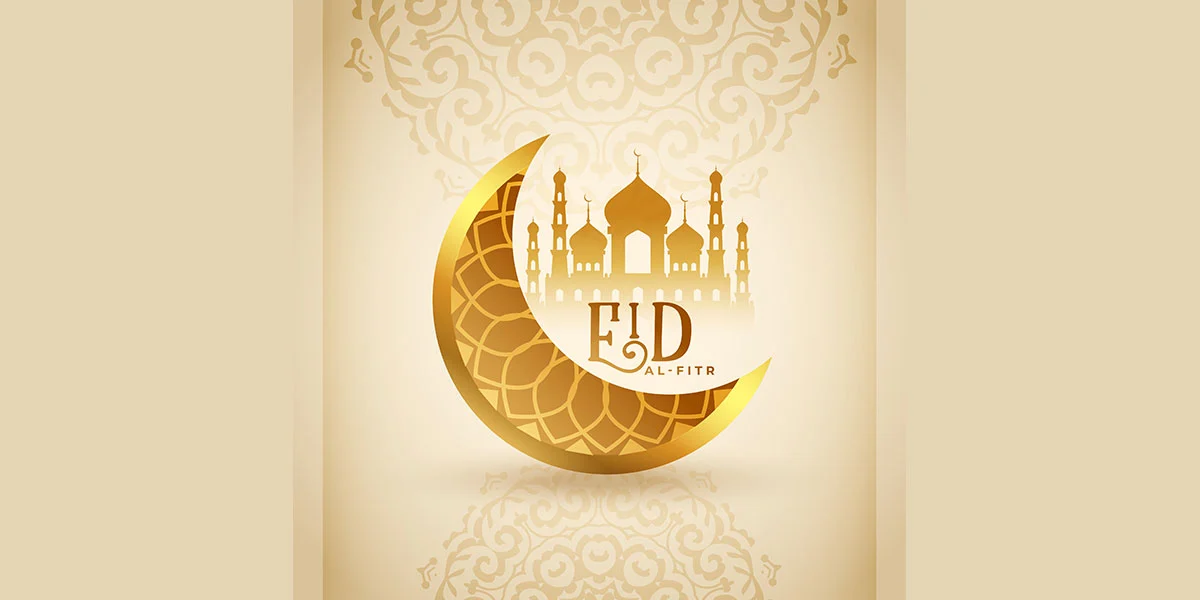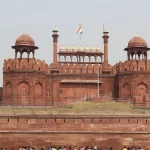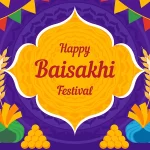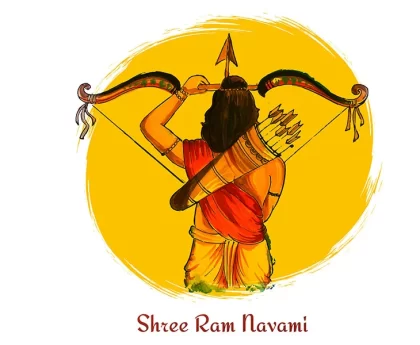Eid-ul-Fitr, also known simply as Eid, is a significant religious holiday celebrated by Muslims worldwide. It marks the end of Ramadan, the Islamic holy month of fasting. The exact date of Eid-ul-Fitr varies each year and depends on the sighting of the moon, following the Islamic lunar calendar.
During Ramadan, Muslims fast from dawn until sunset, abstaining from food, drink, and other physical needs. Eid-ul-Fitr is a joyful occasion that begins with special prayers, typically performed in congregation at mosques or prayer grounds. After the prayers, Muslims engage in festive activities, including sharing meals with family and friends, giving gifts, and distributing charity to those in need, as one of the pillars of Islam emphasizes the importance of charity (Zakat al-Fitr) before the Eid prayers.
The atmosphere of Eid-ul-Fitr is one of happiness, gratitude, and community spirit. It is a time for forgiveness, reconciliation, and strengthening bonds among family and friends. Special foods and sweets are prepared and enjoyed, and new clothes are often worn as a symbol of renewal and celebration.
Eid-ul-Fitr holds great cultural significance and is celebrated with varying traditions and customs across different regions and communities within the Muslim world. Despite these differences, the core values of unity, compassion, and thankfulness are central to the observance of Eid-ul-Fitr.

Eid al-Fitr holds significant religious, social, and cultural importance for Muslims worldwide.
Here are some key aspects of its significance:
- Spiritual Renewal: Eid al-Fitr marks the conclusion of Ramadan, a month-long period of fasting, prayer, and reflection. Muslims believe that by observing Ramadan, they strengthen their faith, purify their hearts, and seek forgiveness for their past sins. Eid serves as a celebration of these spiritual achievements and signifies a fresh start, filled with renewed faith and devotion.
- Gratitude and Thankfulness: Eid al-Fitr is a time for Muslims to express gratitude to Allah for the strength and guidance provided throughout Ramadan. It’s a moment to appreciate the blessings of health, sustenance, and community, as well as the opportunity to engage in acts of worship and self-improvement.
- Community and Solidarity: Eid brings together families, friends, and communities in joyous celebration. It emphasizes the importance of unity, compassion, and generosity, fostering a sense of belonging and solidarity among Muslims. Sharing meals, exchanging gifts, and extending charity to the less fortunate are common practices during Eid, reinforcing bonds of kinship and social responsibility.
- Cultural Traditions: Eid al-Fitr is rich in cultural traditions and customs that vary across different regions and communities within the Muslim world. These traditions often include special prayers, festive meals, wearing new clothes, decorating homes, giving gifts, and visiting relatives and neighbors. Despite these variations, the essence of Eid remains consistent, centered around faith, family, and fellowship.
- Reflection and Renewal: Eid al-Fitr prompts Muslims to reflect on their spiritual journey during Ramadan and to set intentions for continued growth and self-improvement in the months ahead. It encourages them to carry forward the values of compassion, empathy, and generosity cultivated during Ramadan into their daily lives, fostering a sense of purpose and moral responsibility.





